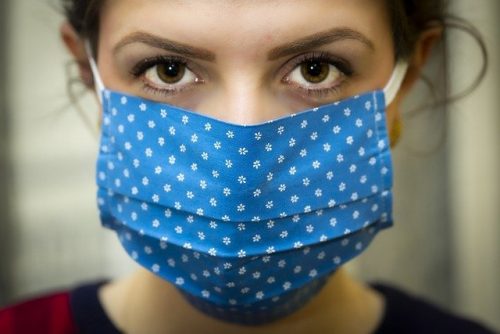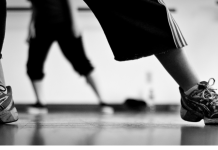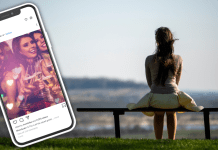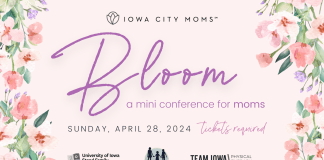Last year I participated in a study on the impact of COVID-19 on working mothers. I don’t remember every question from the phone interview, but I do remember one answer in particular. “No one misses me,” I blurted out.
I didn’t intend to be so self-pitying. I was surprised and embarrassed and attempted to backpedal. I wasn’t feeling sorry for myself (okay, I was), just trying to explain that most of our support network wasn’t local. No one noticed they missed me because they wouldn’t have seen me anyway.

I’ve thought about that moment a lot over the last year, and how I didn’t feel the early isolation quite so acutely. That, along with a considerable amount of privilege, meant that while social distancing was lonely, it was also easy. We simply came home one Friday in March, and never left again.
It was also easy because, at least within our circle, the isolation was a shared experience. We were all working remotely, postponing vacations, and attending weddings by Zoom. It was hard. Of course, it was hard. When my parents moved 2,000 miles away, we didn’t hug goodbye. We just waved and cried. But there was a curve to flatten, and we were all willing to do our parts to arrive at the end of that graph.
I believed getting through this together meant there was another side to get through this to. It was easy to do hard things with that goal in mind. Sure, we were overwhelmed and unsure and scared, but in the meantime, there were streaming services, curbside pickup, and funny memes. We committed to the journey, assuming “an abundance of caution” and “unprecedented times” were just stopping points along the way.
Last year I never really accepted this was the “new normal.” I thought I saw the light at the end of the tunnel. If skipping Halloween would get us across the goal line, what was one year with no trick-or-treating? Considering the immeasurable sacrifices others had made, it was no biggie to set up a laptop at Thanksgiving for those that couldn’t join us. It would be worth it next year when we were around the table together.
That pent-up hope overflowed as soon as I had a date with Moderna. In a wave of post-vaccine optimism, I bought plane tickets to see my family. I made lunch plans. I hugged friends in the grocery store. I should have been prepared for the spike and breakthrough infections, but by then I had spilled all my hope on date nights and summer festivals.
I’ll do what I need to do. It’s just harder. The light at the end of the tunnel feels farther away.
I share the responsibility of making complex decisions in this complex world. This year, we’ve been among nearly 70,000 fans in Kinnick Stadium for Hawkeye football. I’m still hoping we will make it to Disney World. I feel impatient and desperate to get back to enjoying life, while simultaneously feeling doubt and guilt and shame for each unnecessary risk.
In shifting from getting through a pandemic to living with a pandemic, every day is a dilemma. Things that never felt like choices — working in an office, dropping my kids at school — now feel like gambles. For all of the suck that was 2020, at least it seemed easy, if not lonely, to do the “right” thing. Now, the “right” thing feels like a moving target.
It’s harder to believe the yard signs that tell me we are in this together. This isn’t to throw blame. All of us are trying to do the best we can in a world that has started to move on. The journey has been long and the road ahead is unclear. It would be great if all decisions were solely for the greater good, but life is rarely so simple.










